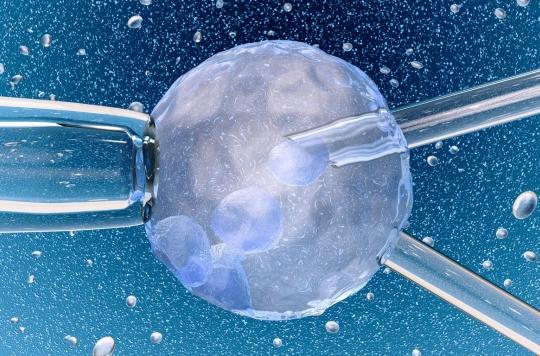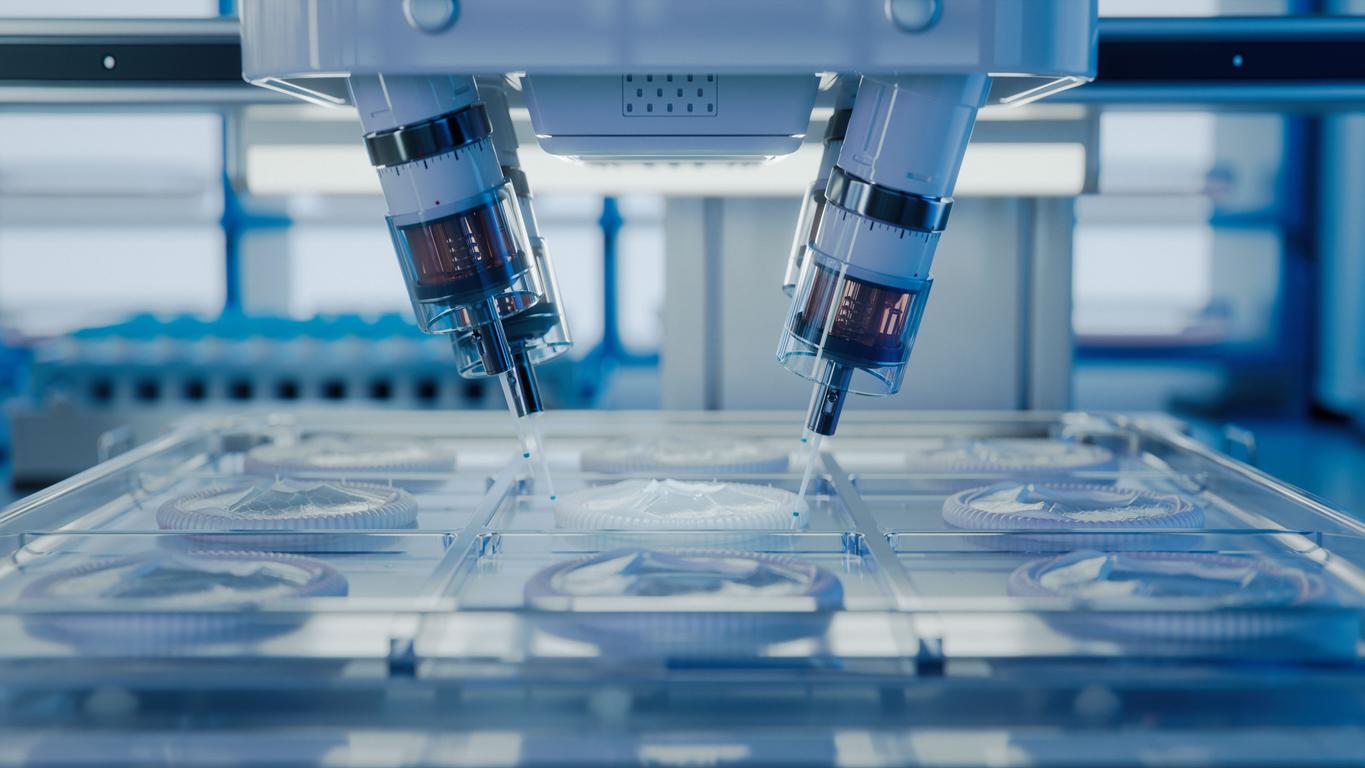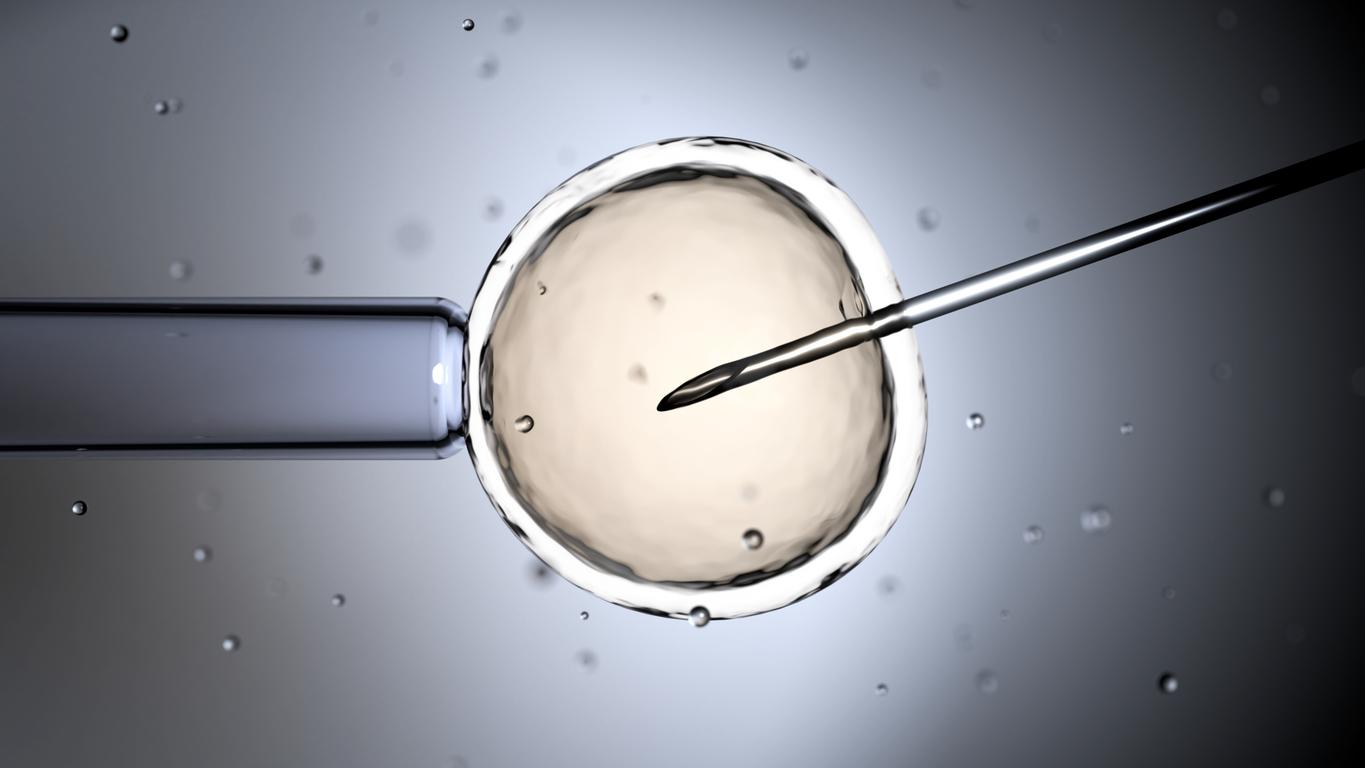Children born from frozen embryos used during in vitro fertilization (IVF) would have a slightly higher risk than others of developing certain cancers.

Denmark is one of the countries with the highest rates of assisted reproductive technology in the world. In 2018, 9.8% of newborns in the country were conceived with fertility treatments. Faced with this large figure, researchers wanted to know if these techniques could have a negative impact on the long-term health of children. According to a study published on 3 December in the JAMA Networkchildren born from frozen embryos used during in vitro fertilization (IVF) have a slightly higher risk than others of developing certain cancers.
To reach this conclusion, the team of Marie Hargreave, director of the study at the Danish Cancer Society Research Center in Copenhagen, examined national registers of births, deaths and medical records between 1996 and 2012. The researchers were thus able to observe that the incidence of childhood cancer in children born to women who had never had a fertility problem was 17.5 per 100,000 compared to 44.4 per 100,000 in those born after a transfer. frozen embryos. The risk is therefore 2.43 higher, notes the study. The risks were notably higher for leukemia, a blood cancer, and neuroblastoma, a type of brain cancer.
On the other hand, scientists have not observed an increased risk of cancer in children conceived using other assisted reproduction techniques. “We didn’t find any increased risks with other types of fertility treatments,” says Marie Hargreave. Now, the latter calls for more research to validate the conclusions of his study. Moreover, “it is important to emphasize the fact that the increased risk is very low for the individual because childhood cancers are very rare,” she notes.
Do not panic
For Dr. Alan B. Copperman, Director of the Division of Reproductive Endocrinology and Infertility at Mount Sinai Health System in New York (USA), this work is very important. But as the study only relates to an association, “it is not clear whether the result is linked to the intervention itself or to the patients who needed the intervention”, comments the specialist, quoted by Reuters.
“Whenever a rare event is studied in a large retrospective study, the statistical precision to draw precise conclusions from it is limited,” he continues. As for future parents who are worried, they can be reassured, he says. Indeed, “over 12.2 million ‘person-years’ of follow-up, less than 0.01% of children were diagnosed with childhood cancer, whether or not IVF was used for conception,” reminds the expert.
With frozen embryo transfers (ETTs) becoming more common in Western countries, “this is something that really needs more investigation and larger studies in different countries,” comments as for her doctor Sunita Katari, of the Magee Center for Fertility & Reproductive Endocrinology of the UPMC Magee-Womens Hospital in Pittsburgh, Pennsylvania (United States), also quoted by Reuters.
An increasingly common practice
In France, embryo freezing has been authorized since 2011. It is particularly recommended for women suffering from polycystic ovary syndrome who, in the case of IVF, would have more chances of obtaining a pregnancy with a frozen embryo than with the implantation of a fresh embryo. In 2015, frozen embryo transfers with gametes and embryos of different origins accounted for around 28,850 attempts at medically assisted procreation (MAP).
A little over a year ago, the National Institute for Demographic Studies indicated, “in France, in 2018, 1 in 30 children (3.4%) should be conceived thanks to an ART technique that it is IVF or AI (artificial insemination)”. “However IVF now dominates the landscape of medical assistance, representing 70% of children conceived by AMP”, specified INED in a report.
Last April, a american study had previously made the connection between childhood cancer and IVF. According to the researchers, children conceived using this method were 28% more likely than others to be diagnosed with embryonic tumors, which develop from embryonic cells remaining in the body after birth. This would be explained mainly by a twice higher rate of liver tumors in children conceived through IVF.
.
















